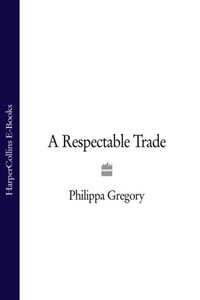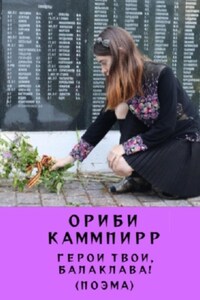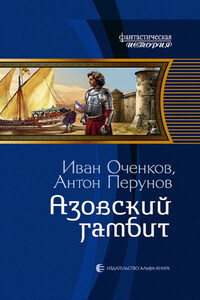Harper An imprint of HarperCollinsPublishers 1 London Bridge Street London SE1 9GF
www.harpercollins.co.uk
First published in Great Britain by HarperCollinsPublishers 1995
Copyright © Philippa Gregory Ltd 1995
Philippa Gregory asserts the moral right to be identified as the author of this work
A catalogue record for this book is available from the British Library
This novel is entirely a work of fiction. The names, characters and incidents portrayed in it are the work of the author’s imagination. Any resemblance to actual persons, living or dead, events or localities is entirely coincidental.
All rights reserved under International and Pan-American Copyright Conventions. By payment of the required fees, you have been granted the nonexclusive, nontransferable right to access and read the text of this e-book on-screen. No part of this text may be reproduced, transmitted, downloaded, decompiled, reverse engineered, or stored in or introduced into any information storage and retrieval system, in any form or by any means, whether electronic or mechanical, now known or hereinafter invented, without the express written permission of HarperCollins e-books.
HarperCollinsPublishers has made every reasonable effort to ensure that any picture content and written content in this ebook has been included or removed in accordance with the contractual and technological constraints in operation at the time of publication.
Source ISBN: 9780006473374
Ebook Edition © NOVEMBER 2011 ISBN: 9780007378432
Version: 2018-03-06
Mehuru woke at dawn with the air cool on his outstretched body. He opened his eyes in the half-darkness and sniffed the air as if the light wind might bring him some strange scent. His dream, an uneasy vision of a ship slipping her anchor in shadows and sailing quietly down a deep rocky gorge, was with him still.
He got up from his sleeping platform, wrapped a sheet around him and went quietly to the door. The city of Oyo was silent. He looked down his street; no lights showed. Only in the massive palace wall could he see a moving light as a servant walked from room to room, the torch shining from each window he passed.
There was nothing to fear, there was nothing to make him uneasy, yet still he stood wakeful and listening as if the coop-coop-coop of the hunting owls or the little squeaks from the bats which clung around the stone towers of the palace might bring him a warning.
He gave a little shiver and turned from the doorway. The dream had been very clear – just one image of a looped rope dropping from a stone quayside and snaking through the water to the prow of a ship, whipping its way up the side as it was hauled in, and then the ship moving silently away from the land. There should be nothing to fear in such a sight but the dream had been darkened by a brooding sense of threat which lived with him still.
He called quietly for his slave boy, Siko, who slept at the foot of his bed. ‘Make tea,’ he said shortly as the boy appeared, rubbing his eyes.
‘It’s the middle of the night,’ the boy protested and then stopped when he saw Mehuru’s look. ‘Yes, master.’
Mehuru waited in the doorway until the boy put the little brass cup of mint tea into his hand. The sharp aromatic scent of it comforted him. There had been a stink in his dream, a stink of death and sickness. The ship which had left the land in darkness, trailing no wake in the oily water, had smelled as if it carried carrion.
The dream must mean something. Mehuru had trained as an obalawa – a priest – one of the highest priests in the land. He should be able to divine his own dreams.
Over the roofs of the city the sky was growing paler, shining like a pearl, striped with thin bands of clouds as fine as muslin. As he watched they melted away and the sky’s colour slowly deepened to grey and then a pale misty blue. On the eastern horizon the sun came up, a white disc burning.














